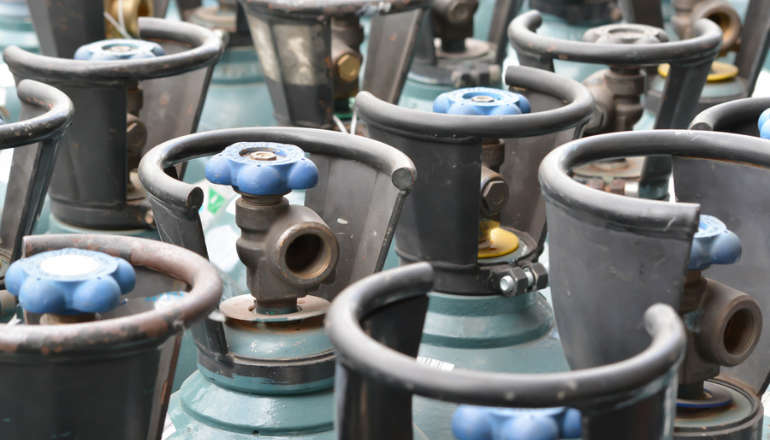
Many rural Isle of Wight households which rely on oil, bottled gas, coal and wood to heat and cook are facing rapidly rising bills, made worse due to the Russian war against Ukraine.
Those alternative fuel sources are not covered by Ofgem's increased price gap and can be more expensive than mains supply.
There are calls on the government to help 14% of UK households who are "off-grid", without access to mains gas, which is generally the cheapest form of heating.
Domestic oil prices have more than doubled in price per litre compared to this time last year. The wholesale price of Liquid Petroleum Gas (LPG) has also doubled and these costs are being passed onto bottled gas customers too.
On the Island some 40% of households are without mains gas, 1,900 of which use oil to heat their homes.
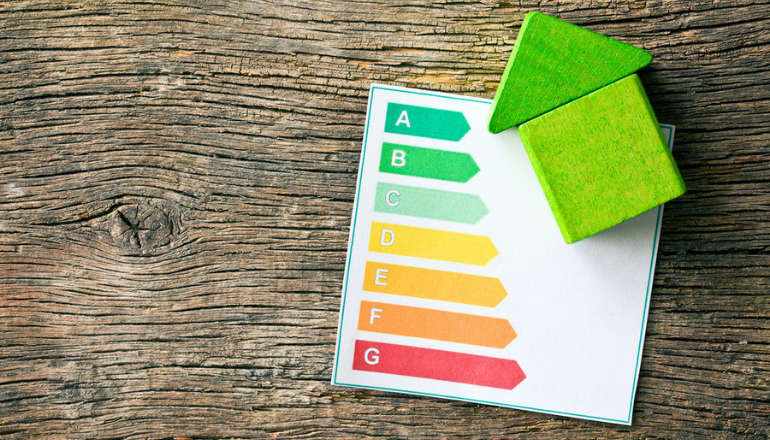
Around 13,000 of Island homes have an energy performance rating of E or worse - A being the highest rating and G the lowest.
Fuel poverty effects between 10-14% of homes on the Isle of Wight, higher in some rural areas, notably South Wight with old poorly insulated housing stock alongside expensive fuels.
The UK has some of the oldest housing stock in Europe, which is often a challenge to bring up to date, in relation to energy efficiency.
The Institute for Fiscal Studies (2020) highlighted the issue of rural coastal poverty in their report, identifying the Isle of Wight and Torbay as two of the areas to be economically hit the hardest, post-Covid.
This was without any reference to the unpredictable energy price increases, which have added to the financial burden of low-income households.

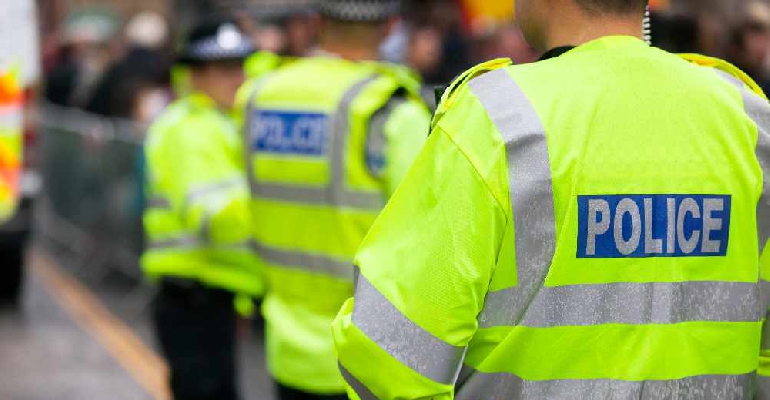 Four Men Arrested Following Rogue Trader Activities In East Cowes
Four Men Arrested Following Rogue Trader Activities In East Cowes
 Rugby Players Set To Scale Great Heights For Teddy
Rugby Players Set To Scale Great Heights For Teddy
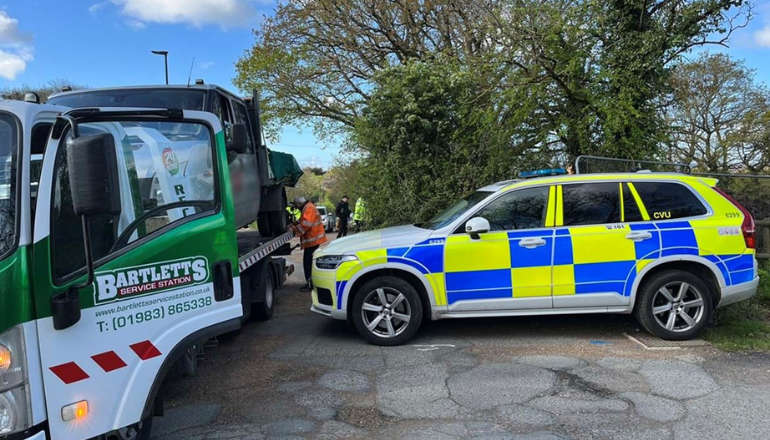 Drug Driving, Domestic Abuse And Stalking Among Arrests Made As Police Target Isle Of Wight Criminals
Drug Driving, Domestic Abuse And Stalking Among Arrests Made As Police Target Isle Of Wight Criminals
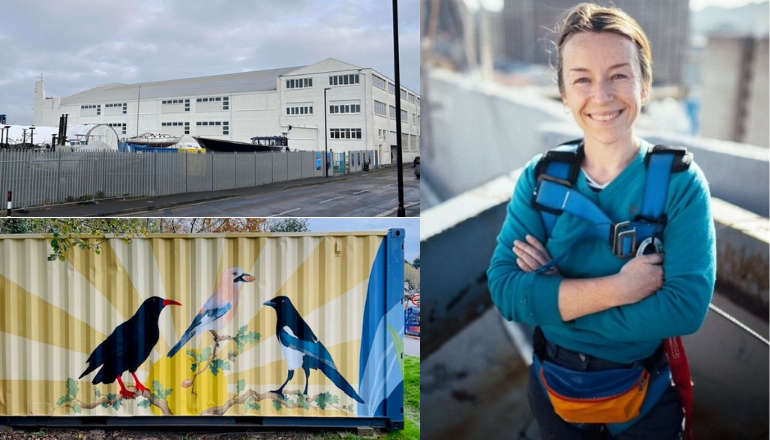 Work Begins On ‘Monumental’ Mural Project At Historic Columbine Building
Work Begins On ‘Monumental’ Mural Project At Historic Columbine Building
 More Acts Added To Isle Of Wight Festival Line-Up
More Acts Added To Isle Of Wight Festival Line-Up
 St Mary’s Vaccination Hub Gets Ready For Spring Covid-19 Vaccinations
St Mary’s Vaccination Hub Gets Ready For Spring Covid-19 Vaccinations
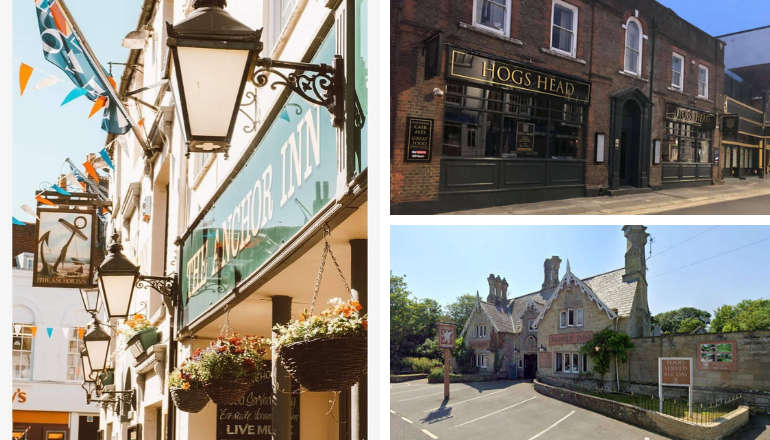 Twenty Isle Of Wight Pubs Under Threat As Stonegate Issues Profit Warning
Twenty Isle Of Wight Pubs Under Threat As Stonegate Issues Profit Warning
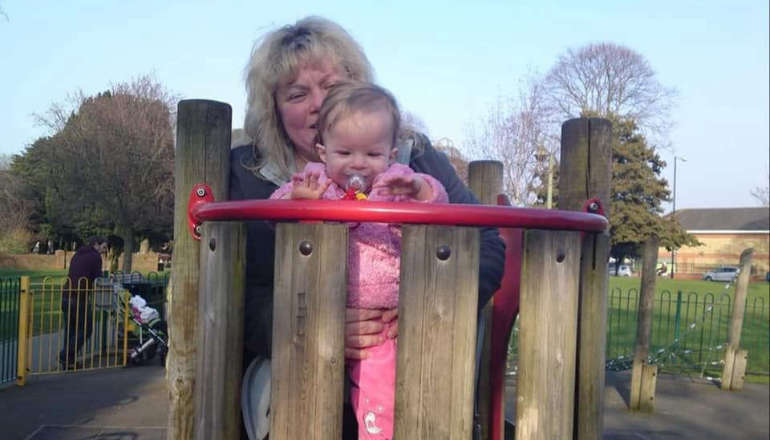 Fundraiser Launched As Kezi's Kindness Founder Diagnosed With Incurable Cancer
Fundraiser Launched As Kezi's Kindness Founder Diagnosed With Incurable Cancer
 Bon Voyage — White-Tailed Eagle Soars To France
Bon Voyage — White-Tailed Eagle Soars To France
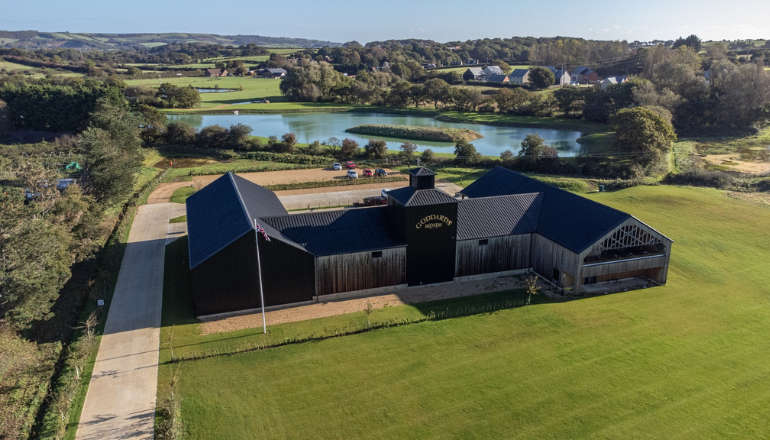 Goddards Brewery Scoops Four Top Industry Awards At International Competition
Goddards Brewery Scoops Four Top Industry Awards At International Competition
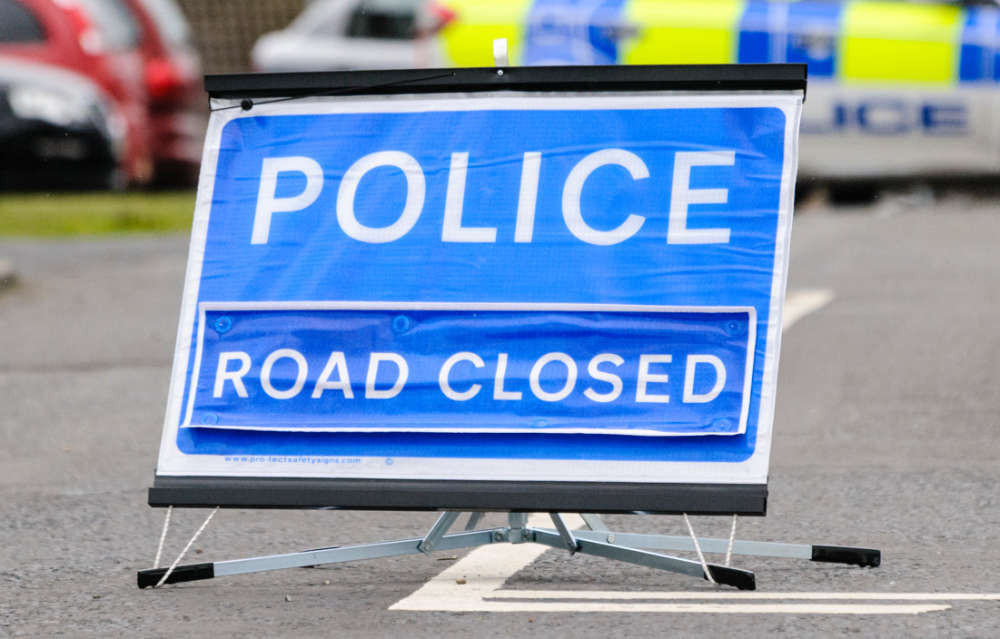 Briddlesford Road Crash Results In Two Injured
Briddlesford Road Crash Results In Two Injured
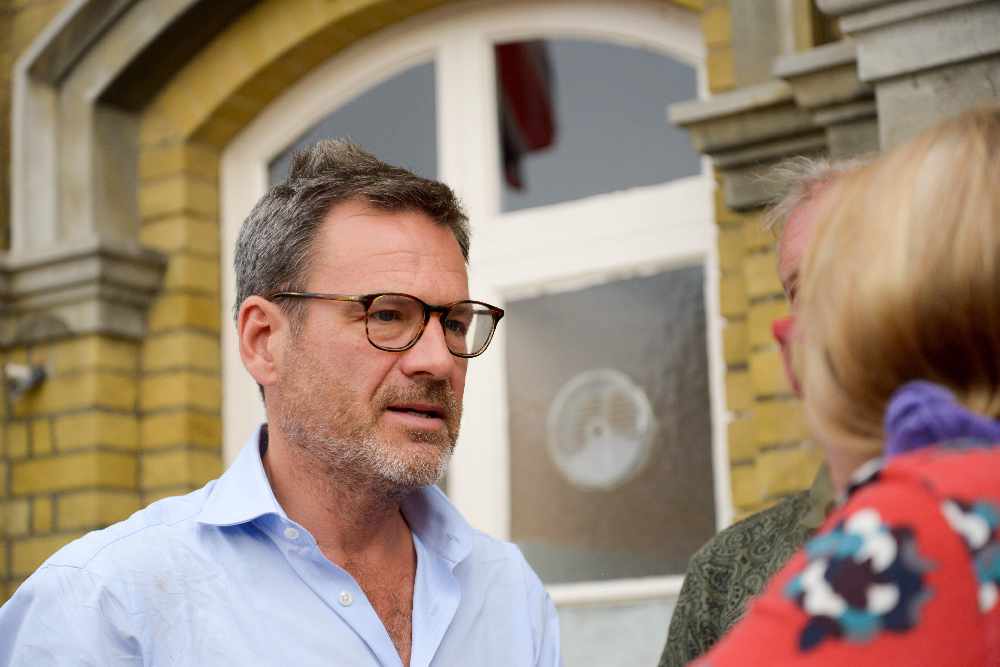 Isle Of Wight MP Extolls Virtues Of Joint Emergency Service Officers For Isle Of Wight
Isle Of Wight MP Extolls Virtues Of Joint Emergency Service Officers For Isle Of Wight
 Island Labour Announces Parliamentary Candidates As Quigley Vows To 'Take Fight' To Bob Seely
Island Labour Announces Parliamentary Candidates As Quigley Vows To 'Take Fight' To Bob Seely
 Can You Help Police To Identify Man Linked To Waitrose Theft?
Can You Help Police To Identify Man Linked To Waitrose Theft?
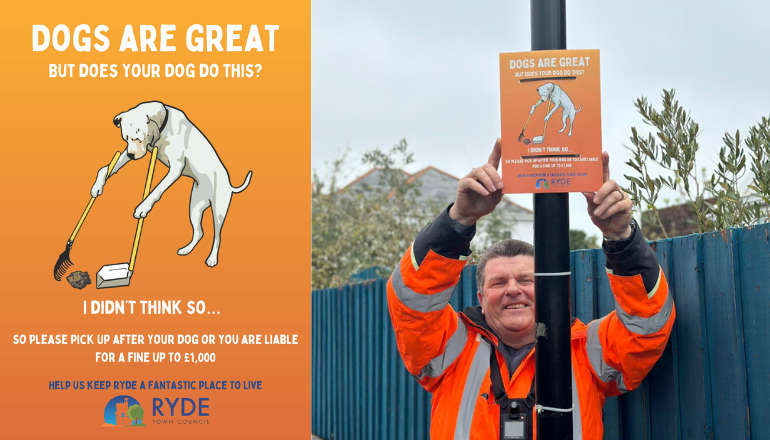 Ryde Town Council In Crackdown On Dog Fouling
Ryde Town Council In Crackdown On Dog Fouling
 Former Patient Opens New Intensive Care Unit
Former Patient Opens New Intensive Care Unit
 Isle Of Wight Primary School Place Allocations Announced For September
Isle Of Wight Primary School Place Allocations Announced For September
 The Rules Islanders Need To Know For Police And Crime Commissioner Election Postal Voting
The Rules Islanders Need To Know For Police And Crime Commissioner Election Postal Voting
 Family Pays Tribute To Paul Hart Following Fatal Newport Collision
Family Pays Tribute To Paul Hart Following Fatal Newport Collision
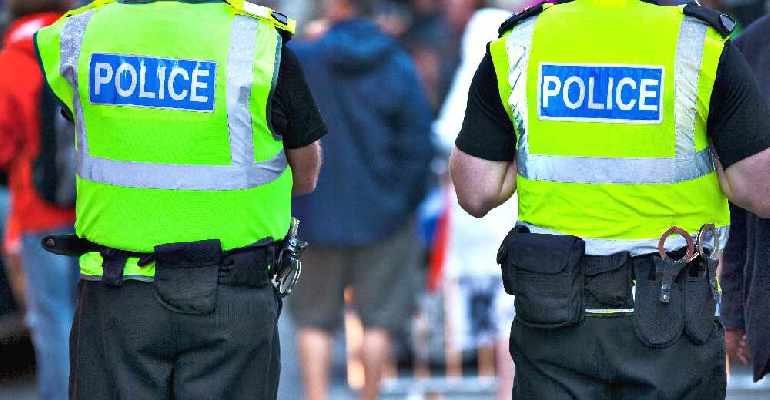 Teenager Sentenced For Planning Isle Of Wight Festival Terrorist Attack
Teenager Sentenced For Planning Isle Of Wight Festival Terrorist Attack


